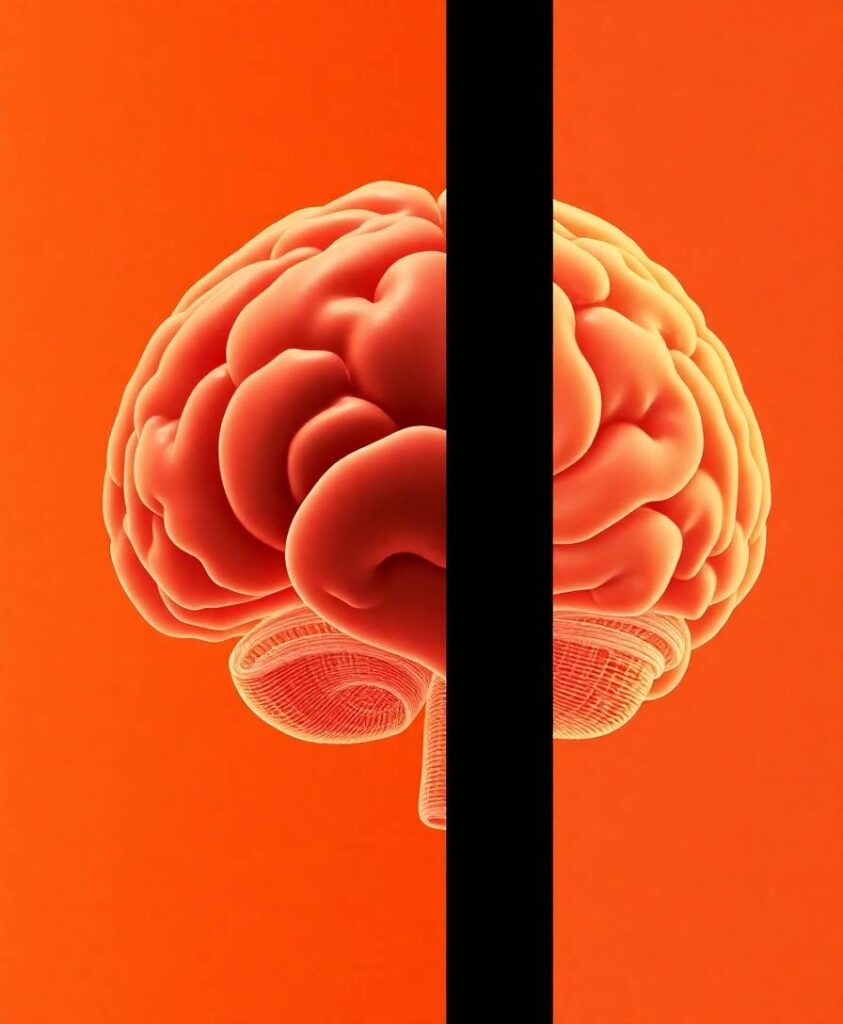Objective: the purpose of this study was to analyze quantitative sleep changes and their implication in subjective cognitive decline (SCD). Objective sleep pattern was investigated through actigraphy recorded at the baseline and at the follow-up after two years. The aim of the study was to examine specific sleep alterations in SCD.
Background: sleep disorders are very common among average elderly adults and an altered sleep pattern is known to be a risk factor for future development of Mild Cognitive Impairment (MCI) and dementia. Recent studies have shown how sleep is objectively altered in average senior adults with Subjective Cognitive Decline (SCD), without any other significant change in cognition and behavior or brain structure. Considering that both SCD and disrupted sleep are risk factors for future MCI and dementia, with sleep only as a modifiable risk factor, further research is required to deeply investigate the interaction between sleep and SCD.
Methods: among seventy community-dwelling elderly individuals who had been enrolled at baseline, thirty-five (64.6 5.6 y, 15M/20F) underwent a complete neuropsychological battery and one-week wrist actigraphy recording two years later during the follow-up stage. Individuals were divided into two groups according to their Subjective Cognitive Decline Questionnaire (SCD-Q) score. Sleep hours, sleep efficiency and onset latency, napping and time awake after sleep onset (WASO) were collected. All individuals underwent structural Magnetic Resonance Imaging (MRI) examination to exclude brain disorders. Data collection was performed at baseline and after two years at the follow-up phase.
Results: a significantly different night sleep time between the two groups was observed: SCD showed a lower total sleep time (TST) than non-SCD subjects. Moreover, a total time spent in bed (TIB) was significantly lower in SCD subjects over two years of observation.
Conclusions: objective changes over time of the sleep pattern, specifically total time spent in bed and total sleep time, are present in SCD individuals. The results of the study show that sleep alterations are common in SCD and underline the clinical importance of screening in order to assess sleep alterations as well as improve sleep in average adults with SCD complaints.


